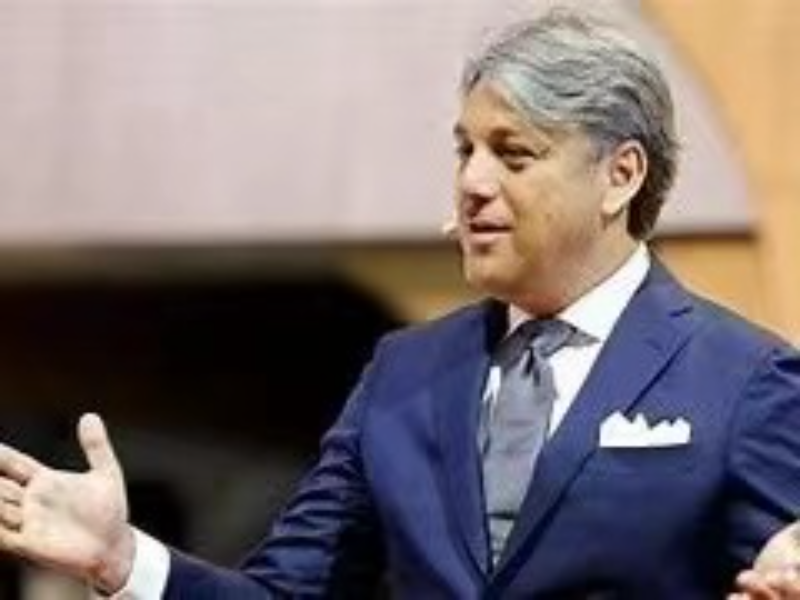- Renault’s CEO Luca De Meo has expressed concerns about Europe’s timeline for transitioning to electric vehicles, calling for more flexibility in the schedule.
- The transition to EVs is crucial for reducing emissions and reshaping the automotive industry, but the EU elections and weak EV demand have led to calls to reconsider the 2035 ban.
OUR TAKE
Renault’s CEO, Luca De Meo calls for flexibility in the European EV transition timeline out of the current situation. The path to sustainability is not a sprint but a marathon that requires pragmatic pacing and adaptability. The appeal is not a retreat from green goals but a call for sanity in the face of economic realities.
–Ashley Wang, BTW reporter
What happened
Renault‘s CEO, Luca De Meo, has voiced concerns regarding Europe’s timeline for transitioning to electric vehicles (EVs). He stressed the need for cost reductions to meet Renault’s EV targets and called for more flexibility in the schedule. His comments come amid ongoing discussions about the EU’s proposed 2035 ban on petrol and diesel cars, which is due for review in 2026.
De Meo acknowledged the challenges Renault faces in achieving 100% electric car production in Europe by 2035. He pointed out that the current market conditions are not conducive to meeting this goal, emphasising the need for significant cost reductions. “The truth is we are not yet on the right trajectory to achieve 100% electric cars by 2035. That’s the truth. If customers don’t follow us, we’re all responsible. We need to cut costs,” De Meo stated.
The automotive sector is grappling with various challenges, including regulatory uncertainty, competition from China, and a cost-of-living crisis in key markets. Although global EV sales rose by 35% in 2023, they declined in 2024.
Also read: Google’s next big reveal: Pixel 9, Gemini, and more this august
Also read: Hyundai begins local assembly of Ioniq 6 EV in Singapore
Why it’s important
The transition to EVs is pivotal for reducing global carbon emissions and reshaping the automotive industry and environmental policies. However, the recent EU elections, coupled with weak EV demand, have led to increased calls to reconsider the 2035 ban. While the urgency to curb carbon emissions is undeniable, the blind rush toward an all-electric future risks economic turmoil and consumer backlash.
De Meo, who also chairs the European car lobby group ACEA, warned against abandoning the EV goal despite the market slowdown, citing its strategic importance. His remarks reflect the broader industry’s struggle with accelerating the EV transition amid economic realities. His call for flexibility in Europe’s EV timeline underscores the need to balance environmental ambitions with economic feasibility, a crucial consideration for the future of mobility.

